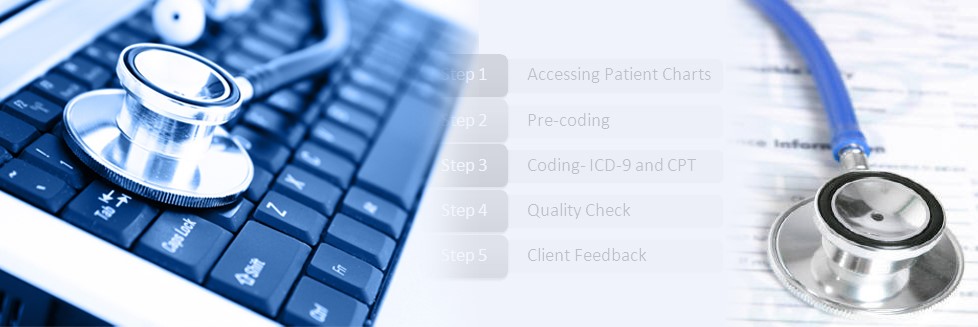Today’s hospitals and medical centers face multiple challenges, associated with the increasing compliance costs, constant changes in legislations and regulations, as well as highly demanding requirements of clients. In order to cope with all these difficulties, organizations implement business process management systems, which automate their daily operations and improve the quality of client service. BPM and CRM let medical facilities establish better relations with their partners, suppliers, and patients. Besides, business process management for healthcare can become an ideal instrument for cost optimization and revenue increase.
Let us take as an example bpm’online – a cloud-oriented platform with a number of tools that are able to connect the dots between sales, management, and customer service. This software delivers end-to-end processes, aimed at the management of the complete client journey, from obtaining a new patient to providing aftercare support. Bpm’online CRM software helps organizations working in this sphere adapt their business processes to the ever-changing clients’ requirements, as well as legislative regulations, streamline their inner and outer projects, as well as accumulate, store, and systematize all the essential documents within a single database. Read about the advantages of bpm’online for hospitals, clinics, and medical centers at https://www.bpmonline.com/bpm/healthcare.

Healthcare Industry Problems and the Way BPM Resolves Them
In the not-so-distant past, BPM tools were taken in the sphere of medicine with much of skepticism. People didn’t believe that such platforms could really improve the clinical and operational processes, as well as the way hospitals treat their numerous patients. However, business process management for healthcare has undergone radical changes since then, and now it is much more applicative and useful. Today’s platforms of the kind go beyond the mere automation of workflows; they enhance all the categories of healthcare processes and let medical organizations cope with most of their daily challenges:
- Maintenance of clinical excellence and improvement of patient care quality. Modern clinics and hospitals have to work with the rapidly growing numbers of patients, limited resources, and serious complications. At that, they must provide the best medical services, taking into account individual problems of each client and adhering to the best scientifically proven practices. Business process management software makes the companies of the kind more adaptable and agile, so that they could provide better medical support to every client. BPM solutions help health care professionals focus on their patients and cure them much faster and at lower cost.
- Reduction of operation and administration costs. As medical facilities grow, their managing functions become more complex. It is not easy for large enterprises to monitor and run their operation, administration and finance departments. Business process management for healthcare provides individual solutions for each of these units, which makes the whole organization more resource-intensive. BPM and CRM affect all the aspects of the organization’s functioning, integrating them into the single set of activities aimed at the same objectives. All this enables cutting costs from every single process.
- Adherence to regulatory compliance norms and requirements. Medicine is one of the foremost industries that have the strictest policies and regulations. In order to comply with all these requirements, hospitals and medical centers have to work with lots of extensive documentation. Having no BPM software, companies cannot manage to comply with the existing law. They simply fail to keep pace with the changing regulations, providing high quality medical care to numerous patients of all ages and at the time. Business process management for healthcare helps organizations conform to compliance requirements, without sacrificing their corporate policies and procedures. Besides, having implemented a reliable BPM system, they get the opportunity to develop effective risk estimation, management and capabilities to foresee and prevent any possible pitfalls.

















